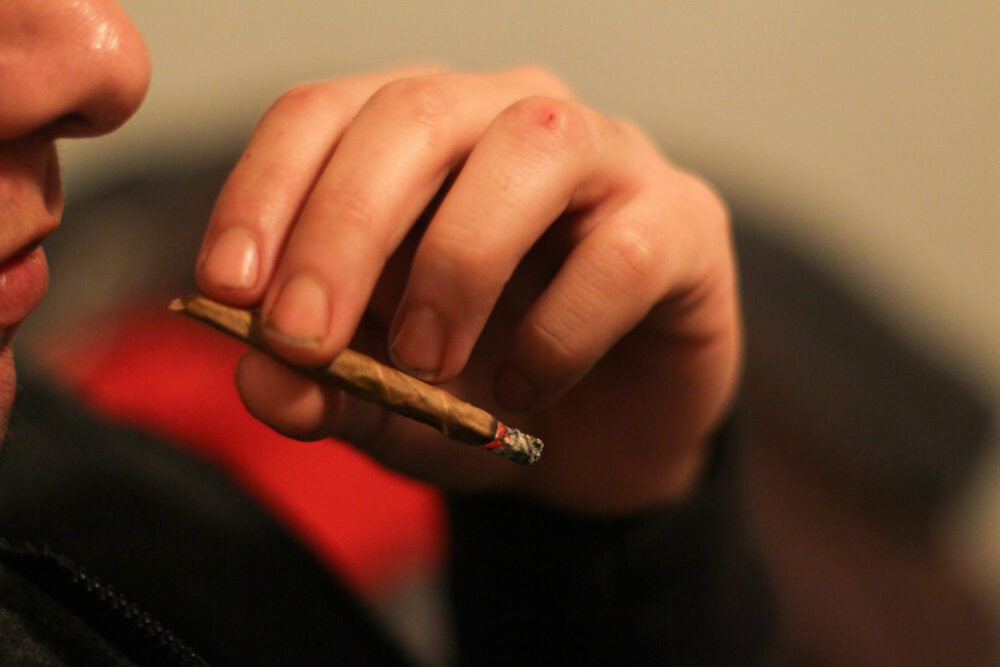Drugs are highly stigmatized in society. Furthermore, there exists a particular stigma regarding drug use for those in the scientific community. Many companies, hospitals, and research facilities include drug testing in their hiring process. In fact, according to the American Addiction Centers, healthcare and hospital-related jobs were the second most common positions to require drug testing before employment. These fields have arguably valid reasons to drug test their employees. Workers in these fields can have both direct impacts on people’s wellbeing, such as in patient care, or indirect effects if involved with research.
Where things become murkier is in the realm of academic drug researchers. As highlighted by a 2020 article in Contemporary Drug Problems, while some drug researchers may have anecdotal drug experiences, this is rarely reflected in published work. While such exclusions may seem obvious at first, this contradicts the highly valued research principles of transparency and reflexivity. Furthermore, the authors posit that such disclosures could go a long way toward reducing stigma and improving understanding of drug use and users alike. In spite of these potential benefits, those who consider discussing their drug use in professional settings risk not only legal consequences but also ostracization by their peers, thereby limiting their ability to contribute to research in the future.
While some drug researchers may have anecdotal drug experiences, this is rarely reflected in published work.
Despite the potential drawbacks presented by self-disclosure, academics have engaged in it both historically and in modern times. Two such examples are Timothy Leary (1920–1996), a former lecturer at Harvard University, and Carl Hart, a psychology professor and scientist at Columbia University. Both represent examples of individuals who were not only researching drugs but who also openly partook in them themselves.
Timothy Leary attended University of California, Berkeley where he earned a PhD in psychology. He established the Harvard Psilocybin Project, which focused on the effects of hallucinogenic mushrooms. Leary was able to administer the compound to subjects and study their reactions. Furthermore, Leary employed rather unorthodox methods including conducting such experiments while under the influence of psilocybin himself.
By 1962, many faculty members became disenchanted with Leary’s research, citing both safety concerns and unscientific methods as their concerns. Despite Leary’s attempts to mitigate these concerns, he was fired in 1963 for administering psilocybin to an undergraduate student. Accordingly, his project came to an abrupt halt and he was effectively banned from the world of academia.
Leary went on to become an icon of the counterculture and psychedelic movement. In his case, it was clear that the world of academia and drug use could not coexist. Both his fascination with and partaking in drug use seemed to preclude him from the academic world. This raises the question, however, as to whether this is always the case.
Those who consider discussing their drug use in professional settings risk not only legal consequences but also ostracization by their peers, thereby limiting their ability to contribute to research in the future.
An interesting counterexample lies in the more modern example of Carl Hart. Hart published a book in 2021 entitled “Drug Use for Grownups: Chasing Liberty in the Land of Fear.” In it, he discusses his professional ambitions and his research on the behavioral and neuropharmacological effects of psychoactive drugs. Hart endeavored to open up a frank conversation about drug use and what drug users actually look like, a portrait which may be more nuanced than people think. Hart is a respected, tenured neuroscientist at one of the most prestigious universities in the country. Hart opens his book by proclaiming that he is “now entering [his] fifth year as a regular heroin user,” a bold statement given the highly publicized destructive nature of the substance.
It’s a daring and even shocking pronouncement, one that may be difficult for the public to square with their idea of a typical scientist. It’s also a situation that clashes heavily with society’s preconceived notions of a typical drug user. Hart exists as a direct counter to what many see as a rule — namely, that drugs are inherently dangerous and will ruin your life. This may be a difficult pill to swallow for those who hold fast to current stigmas surrounding drugs. It has now been over a year since Hart’s book was published, and he remains employed at Columbia and is the principal investigator of the Neuropsychopharmacological Lab.
One of the main pleas he drives home in his book is that society re-examines its perceptions surrounding drugs and those who use them. Hart also questions why drug users are so ardently villfied and whether drug use should be viewed as a personal liberty. Regardless of one’s own philosophies on drugs, such dialogues may be the key to reducing stigma and bringing healing to those affected by addiction.
Contemporary Drug Problems (2020). DOI: 10.1177/0091450920953635






